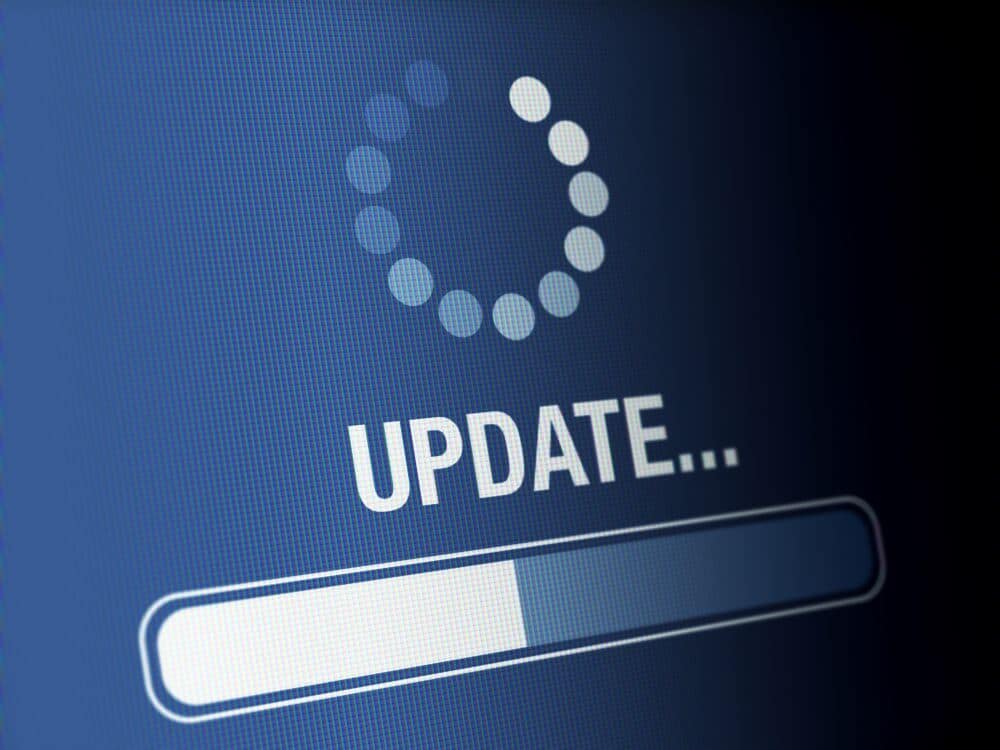
May 13, 2020

For businesses and nonprofits, the Paycheck Protection Program has been a source of much needed funding to stabilize operations during the COVID-19 emergency. In fact, during the initial round of funding over 48,332 loans totaling $9.4B were approved for Georgia applicants alone. These loans have been essential in helping small businesses manage payroll and other necessary expenses. However, there was also unwelcome news when it was reported that publicly traded companies had received $365M in PPP loans. This created an outcry among small business owners as the PPP is specifically meant to assist those with limited access to capital, not publicly traded companies. To remedy the situation, the Small Business Administration (SBA) has made several changes to the PPP including a safe harbor under which unqualified borrowers could return the loan without reprisal. There was also discussion about whether the SBA would audit borrowers to ensure their good faith certification was valid. This certification ensures among other things the borrower has no other access to capital. On May 13, 2020, the SBA updated the PPP guidance outlining the good faith certification review process. To help clients, prospects and others, Wilson Lewis has provided a summary of key information below.
The guidance which was provided as part of the PPP FAQ document published by the SBA, specifically addresses how they will review a borrower’s good-faith certification concerning the necessity of the loan request. To address this issue, the SBA has created a safe harbor pertaining to the good faith certification review process. Any borrower that, together with its affiliates, received PPP loans with an original principal amount of less than $2M will be deemed to have made the required certification concerning the necessity of the loan request in good faith. The safe harbor is appropriate because borrowers with loans below this threshold are generally less likely to have had access to adequate sources of liquidity. It will also promote economic certainty as borrowers with more limited resources endeavor to retain and rehire employees.
Concurrently, borrowers with loans greater than $2 million that do not satisfy this safe harbor may still have an adequate basis for making the required good-faith certification. If it is determined that a borrower lacked an adequate basis for the required certification concerning the necessity of the loan, the SBA will seek repayment of the outstanding balance. If the borrower repays the loan, the SBA will not pursue administrative enforcement or referrals to other agencies. It is also important to note the determination concerning certification will not affect the SBA’s loan guarantee.
This is good news for many Atlanta businesses who may have been concerned about whether they met this requirement during the application process. The amount of confusion and lack of guidance had left many wondering if they could use the loan or if it would need to be returned. The update provided today relieves this concern and should increase borrowers comfort levels. If you have questions about the information outlined above or need assistance with a COVID-19 tax or business issue, Wilson Lewis can help. For additional information call us at 770-476-1004 or click here to contact us. We look forward to speaking with you soon.